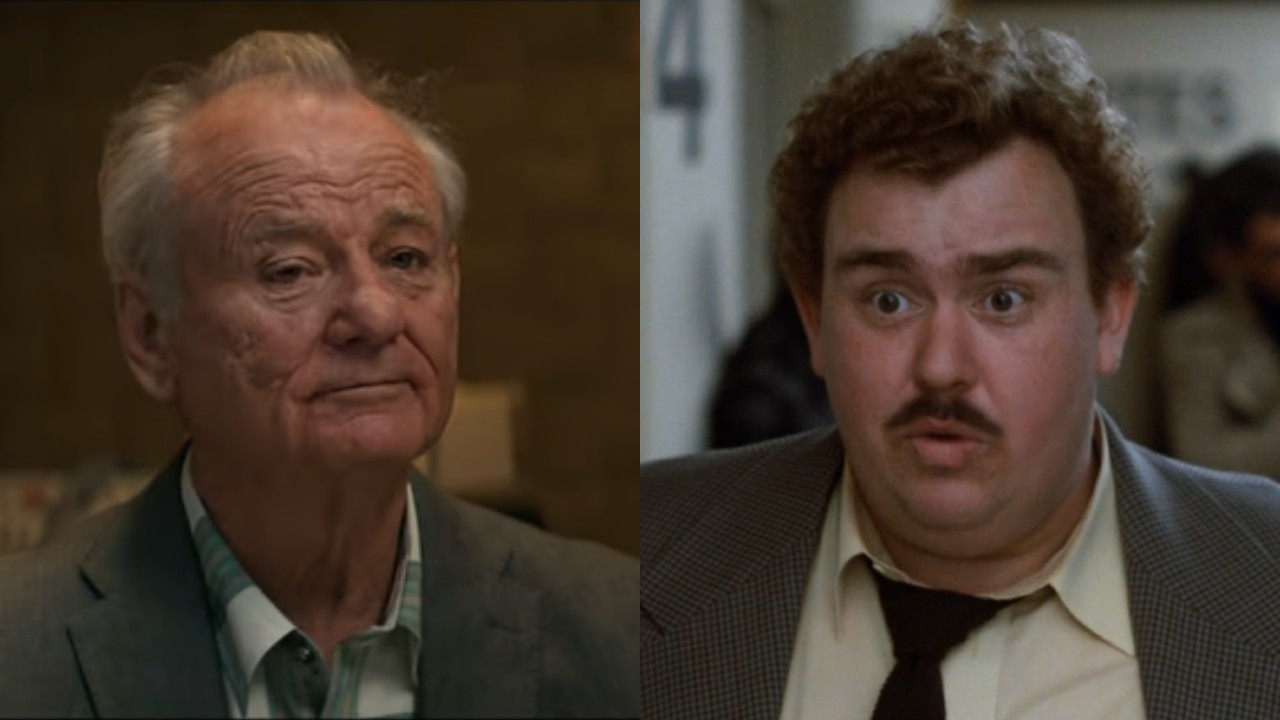6 Things DC Can Learn From The Success Of Joker
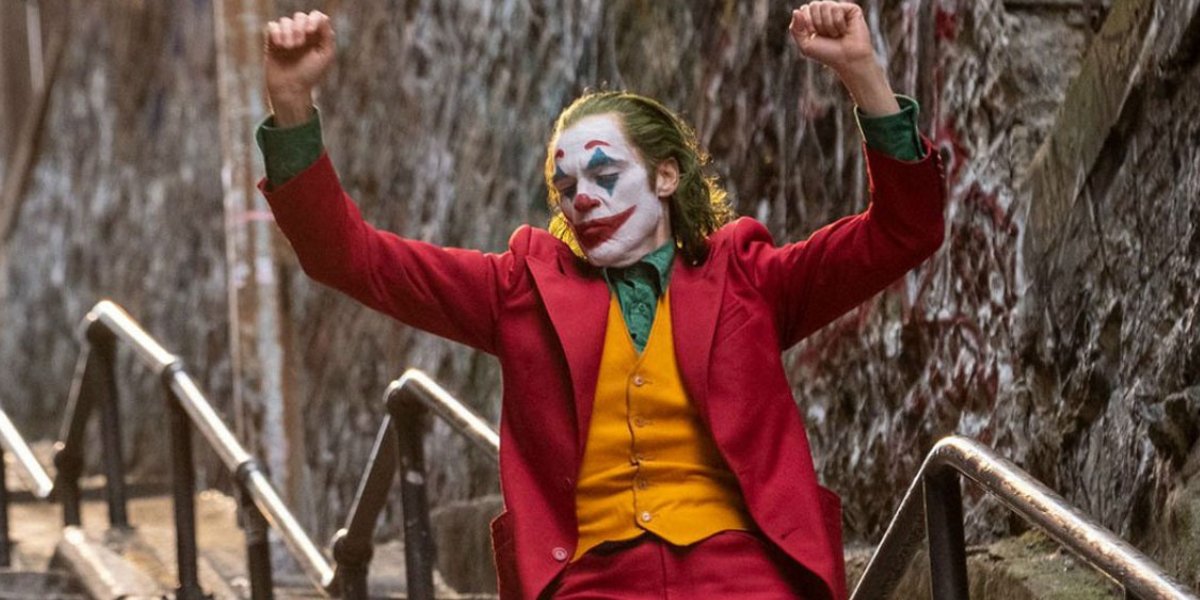
Your Daily Blend of Entertainment News
You are now subscribed
Your newsletter sign-up was successful
WARNING: The following article contains spoilers to Joker**. Unless you would rather read about its challenging subject matter and graphic violence than actually see it, we recommend you catch yourself up before reading on.**
Some like to argue that superhero movies can not justifiably be called “cinema,” but I would say that Joker makes a pretty good cast against that. Director Todd Phillips’ supervillain origin story is the most profitable comic book movie of all time with an international gross of more than $1 billion, led the 2020 Academy Award nominations with 11 categories, and earned star Joaquin Phoenix his first Oscar.
What is the secret to this comic book movie’s unusual success story? Well, for starters, while I will proudly associate Joker in the same category as films like Tim Burton’s Batman or Guardians of the Galaxy, I find it difficult to really call it a comic book movie without pointing to how deeply it distinguishes itself from those kinds of films. I would even go as far as saying that, not just DC, but the superhero movie genre as a whole needed a movie like Joker to prove how much further cinema can go with comic book source material.
Sure, The Dark Knight was revolutionary and the MCU gave costumed vigilantes an unprecedented relatability, but what Todd Phillips and Joaquin Phoenix achieved and how they achieved it is something that those in charge of DC movies at Warner Bros. should be taking note of. How could Joker influence the future of superhero movies? Let’s make like Arthur Fleck in a phone booth and get crackin’.
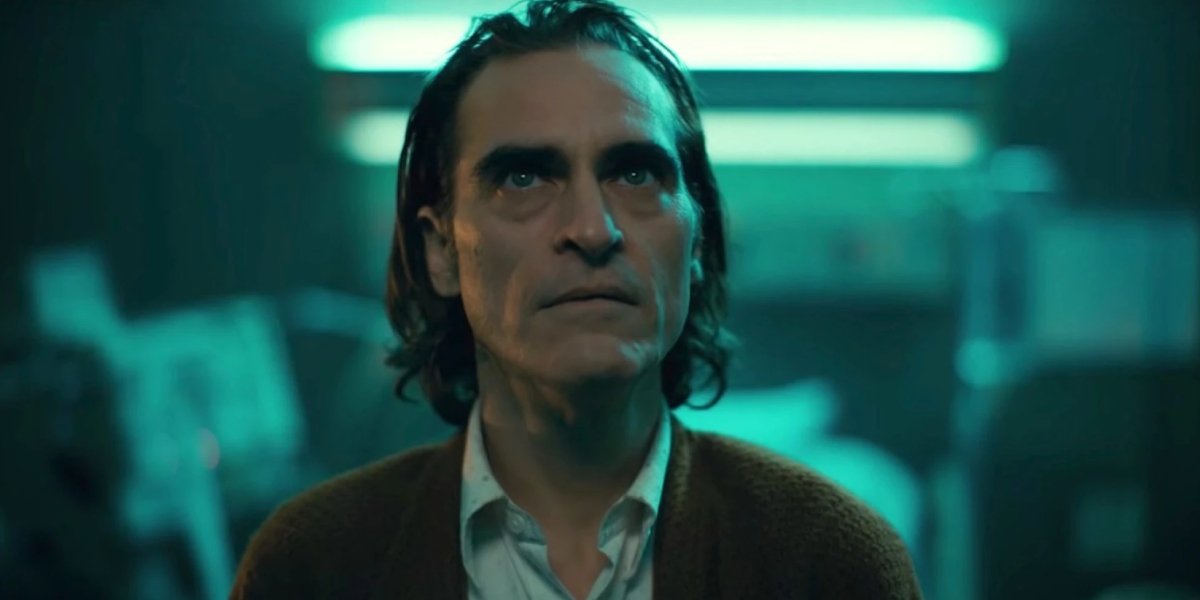
Cinema Is A Great Opportunity To Tell An Original Comic Book Story
Among the 11 Oscar nominations Joker nabbed, one of them was Todd Phillips and Scott Silver’s “adapted” screenplay. I put “adapted” in quotation marks because, while the Gotham City setting and title character are licensed properties of DC Comics, and several references to comic book lore are made, the story is relatively unique enough to its source material to be considered an original screenplay.
From theories that Joaquin Phoenix’s character, Arthur Fleck, is not even the one true Joker or that the entire movie is a product of his imagination or even when we put these theories aside, it is clear that Joker does not aim to simply retell the story of the one of most iconic comic book villains, but use the character as a spark for a whole new story, like the humorous take on the Dark Knight in The LEGO Batman Movie. Comic book movies do not need to be a direct adaptation of their source material, but can serve as inspiration for something unique to both mediums. Imagine a crime thriller from the point of view of the Gotham City Police Department, or a movie about Clark Kent’s struggle to maintain a normal human life told over the course of one stressful day in Metropolis, or even more stories about flawed people with a bad reputation struggling to find their place in the world. Speaking of which…
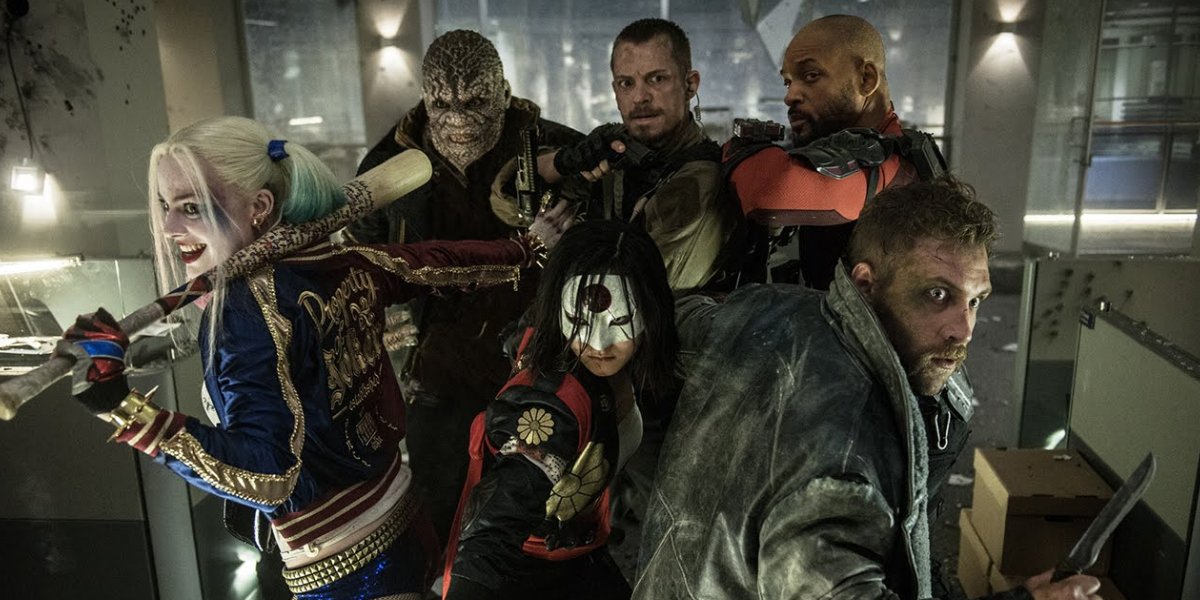
It's Time For More Villain Stories
Recent history has shown that, while the classic morally secure superhero can be fun, audiences are more interested in characters with complicated histories and questionable philosophies about right and wrong. What is more complicated and morally questionable than your classic comic book baddie?
Your Daily Blend of Entertainment News
Joker is one of several recent films, such as Harley Quinn: Birds of Prey, that prove characters with a bad reputation on the pages of comic books have a relatively good reputation on the silver screen, so more stories centered on villains of varying degrees of criminal intensity, psychological torment, or even plain silliness could make for some fascinating stories. Wouldn’t you like to learn how Lex Luthor became so ruthless, see a high octane heist thriller with Catwoman in the spotlight, or a psychedelic trip into the bizarre nightmares of Scarecrow? The possibilities are endless when you begin to deeply consider the various opportunities even the most despicable characters may have. Case in point…
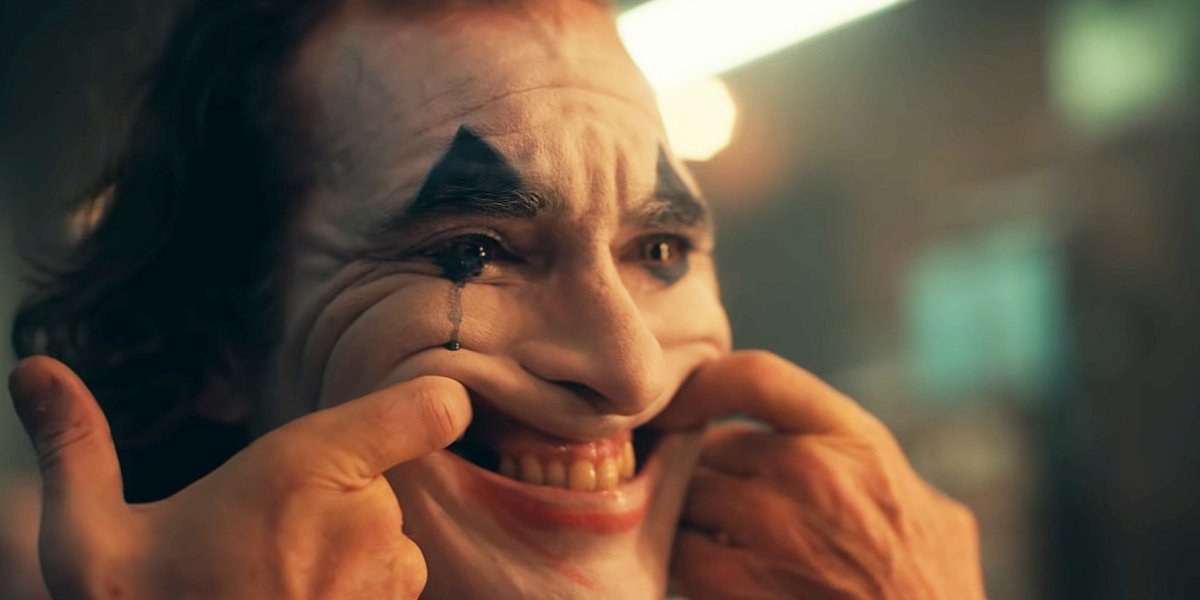
Character Is Everything
Joker may be a comic book movie by name, but by most other aspects, it is a harrowing character study that comments on ignorance of mental illness in society and does so in a way that boldly shines a sympathetic light on a character modern audiences are normally conditioned to hate. While Arthur Fleck certainly does not earn our admiration by the end of the film, our inclination to feel sorry for what his debilitating health and hostile environment has made him into informs its powerful, meaningful message. The secret to this achievement rests in the development of Joaquin Phoenix’s unconventional protagonist.
For all the complex storylines you can master or exciting fight sequences you can choreograph with the energy of Cirque du Soleil, what really keeps a moviegoer invested is when the person whose eyes they are seeing the events of the film through can invoke an emotional reaction within them, be it relatability or even fear. Whether a DC movie puts the hero or the villain in the spotlight, I cannot stress enough how important it is for the development of a character to be a slow process. In fact, going slow can often be a good rule of thumb in storytelling.
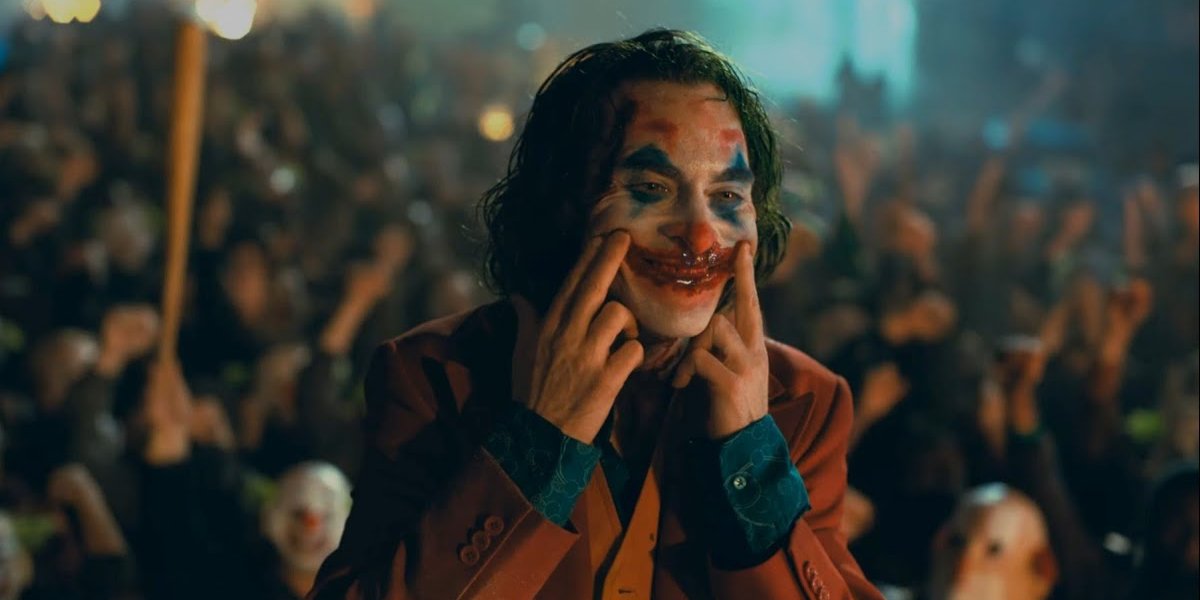
Slow Burns Lead To Explosive Finales
What makes Arthur Fleck’s evolution from someone who pains to make others laugh into someone who laughs at others’ pain so shocking is the time it takes for him to make his final transition. The moment of uneasiness felt in his first appearance, struggling to form a smile as a teardrop ruins his clown makeup, is only the first inkling of his impending destiny as Gotham City’s symbol of chaos, which slowly unfolds one step at a time throughout the course of Joker. To really keep the audience on its toes, all it takes is some good pacing.
While many superhero movies indulge in cramming as many big ideas that could possibly fit into 150 minutes, some films could benefit from, not only a shorter length, but trading two hours of slam, bang, boom with quieter, more concisely constructed moments of world building that lead to an earth shattering climax. Imagine how much more effective Suicide Squad could have been had more time been spent getting the audience acclimated to the environment, familiarizing them with the characters, and presenting the ins and outs of the plot one detail at a time. Even if it means keeping eager fans waiting a little longer, the creators at DC should never be discouraged from taking their time with the development of a story. In fact,…
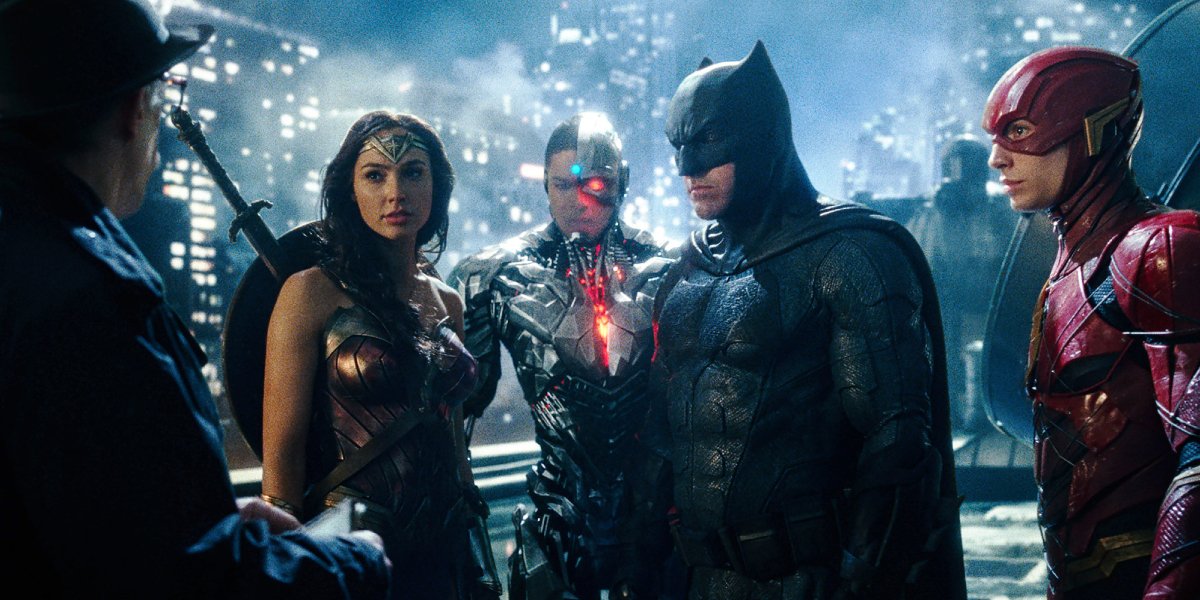
Prioritize Singular Stories Over A Shared Universe
Kevin Feige’s incorporation of a singular overarching story into the 20-plus films of the MCU is quite revolutionary to modern cinematic storytelling, but what competing studios struggling to achieve the same effect have failed to realize is that those loose connections between other films is not the top priority. With the exception of the two-part structure of Avengers: Infinity War and Avengers: Endgame, each Marvel film has its own central story, allowing the stories and characters to naturally develop into a proper fit when they cross paths.
If Arthur Fleck were to make an appearance in a future DC film (say, opposite Robert Pattinson’s Batman), it would not feel unnatural because we have already become familiar with him through his own movie, instead of having him shoe-horned into a story he has no business being a part of as his debut appearance. Furthermore, DC’s choice to have Joker focus on one central plot in lieu of carrying the load of multiple storylines preceding it or intended to follow it is one of its more appealing decisions. If there is any hope for the future of the DCEU, this plan has the best chance of resurrecting it from out of the darkness.
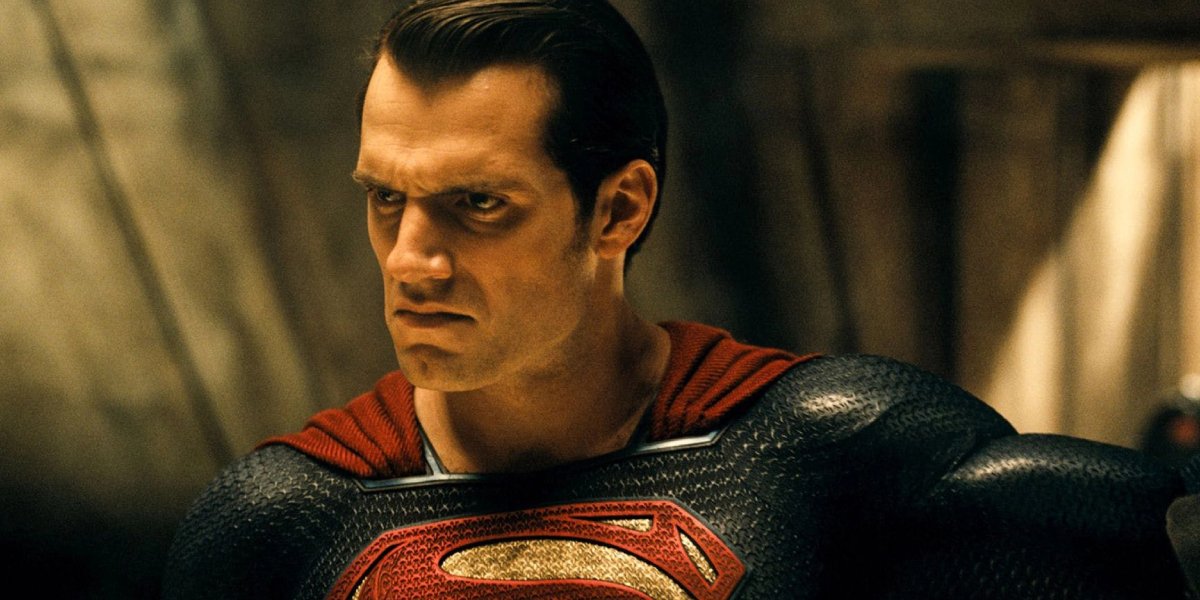
Go Darker
However, I would recommend that DC not distance themselves too far from the darkness because, if the success of the bleak and graphically violent Joker is any evidence, the darkness is their sweet spot. We have already analyzed why producing more R-rated movies could be of great benefit to DC, but I would like to elaborate on what they should focus on to effectively earn the faith of that demographic.
While Marvel can stick to the more family-friendly endeavors it prides itself on, what would make DC stand out is producing edgier material made for a more mature audience, which comic book purists have been wishing would become less of rarity in Hollywood. They could put Batman on a grisly murder mystery within the walls of Arkham Asylum, give Cyborg his own movie that imagines his transformation into half-man, half-machine with a body horror twist, or even give previously unadapted characters with a dark past a chance. Joker went as dark as it could and struck gold, so I say DC should keep digging.
If there is one lesson that should be taken from Joker (in addition to acting methods, character development, or the importance of monitoring mental health, perhaps), it is that sometimes the greatest successes can come from an unexpected place and that it is always a good idea to take note. Be sure to check back for more insight into the success of Joaquin Phoenix’s psychological drama and how DC films may change as a result here on CinemaBlend.

Jason Wiese writes feature stories for CinemaBlend. His occupation results from years dreaming of a filmmaking career, settling on a "professional film fan" career, studying journalism at Lindenwood University in St. Charles, MO (where he served as Culture Editor for its student-run print and online publications), and a brief stint of reviewing movies for fun. He would later continue that side-hustle of film criticism on TikTok (@wiesewisdom), where he posts videos on a semi-weekly basis. Look for his name in almost any article about Batman.
